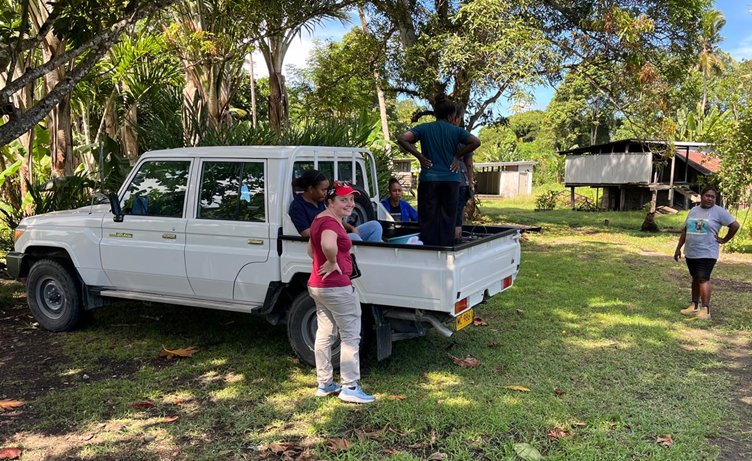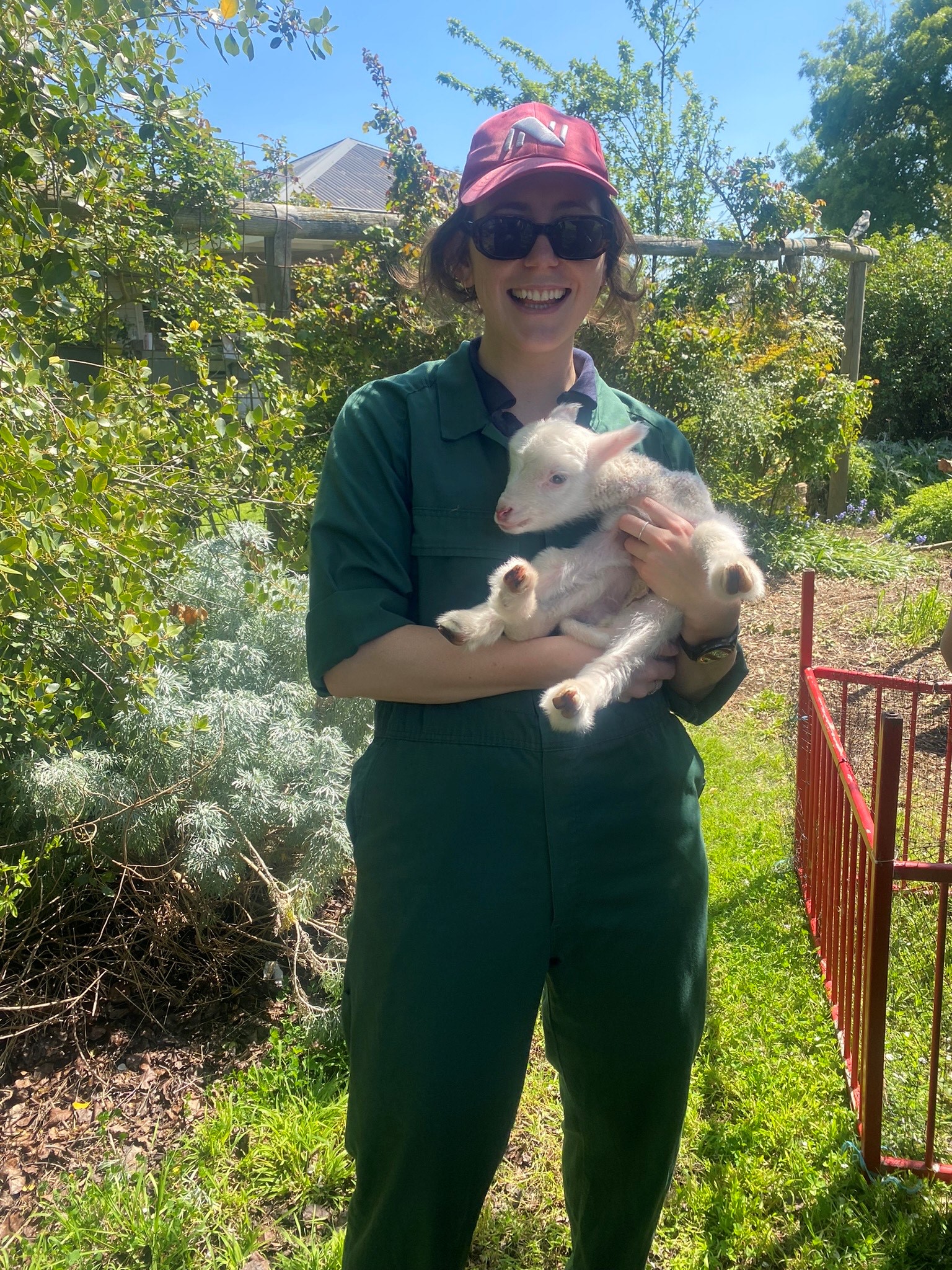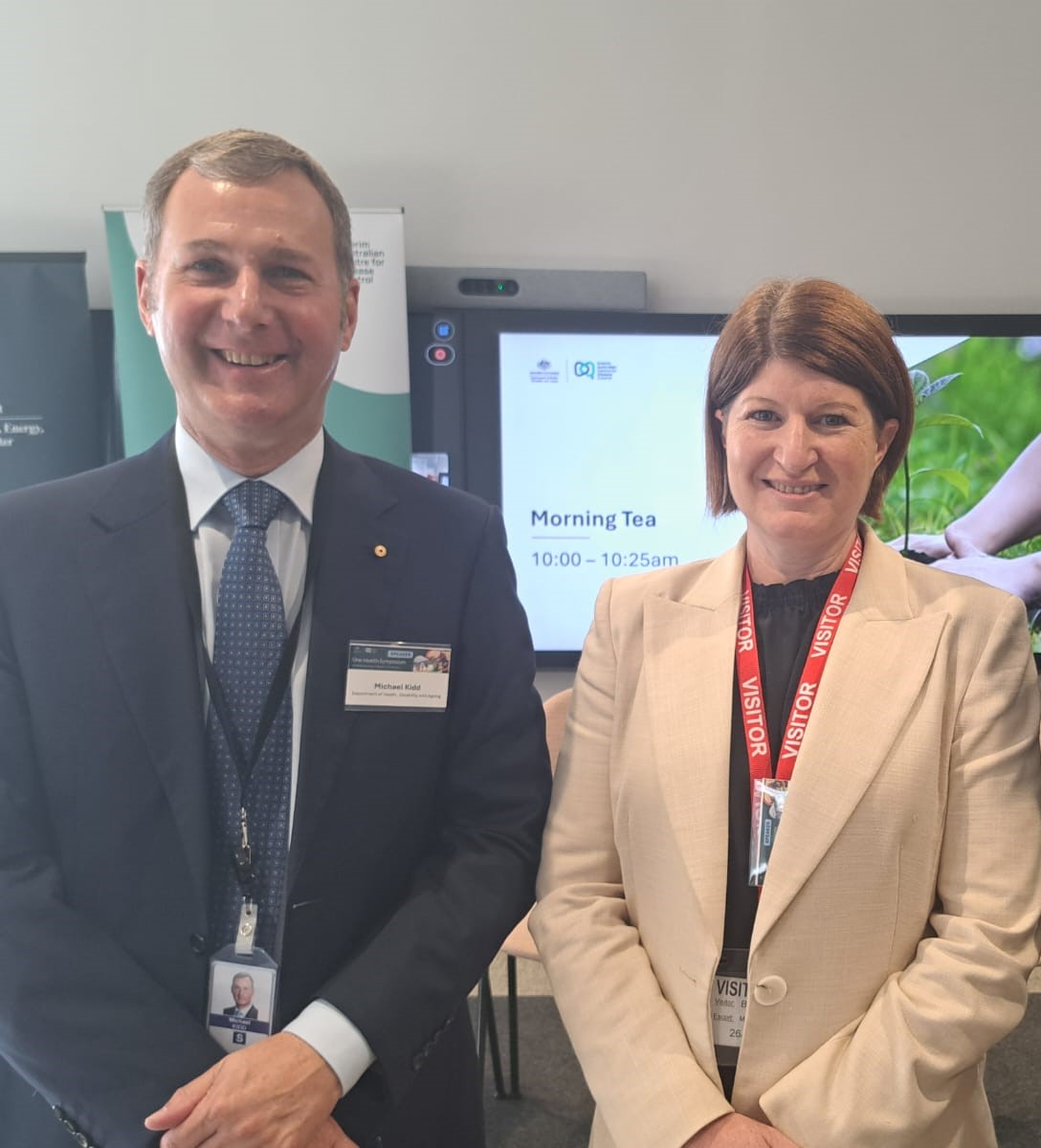From the desk of Australia’s Chief Veterinary Officer: Zoonoses
03 Jul 2025Each year on July 6, we mark World Zoonoses Day, commemorating a historical moment in the fight against zoonotic diseases - Louis Pasteur’s first successful rabies vaccination. While 140 years has now passed since that event, this day remains a timely opportunity to reflect on the zoonotic diseases that continue to pose a risk to global health—and how we can collaborate across sectors and through education programs to enhance our capacity to mitigate these risks. As Australia’s Chief Veterinary Officer, I am fortunate to witness the value of these collaborations at individual and community levels through to global efforts.
The Importance of Zoonoses
Zoonotic diseases continue to pose significant public health challenges worldwide and have a disproportionate impact on low-income countries and communities, including those in the Asia-Pacific. My office is committed to working collaboratively with our near neighbours in the Asia-Pacific region to deliver surveillance, training programs for animal health professionals, and technical support programs that enhance biosecurity outcomes and protect agricultural industries and human health across the region.
In Australia, we remain vigilant against both known and emerging zoonotic threats. The spread of the Japanese encephalitis virus in Australia in recent years serves as a stark reminder of the dynamic nature of zoonotic diseases and the necessity for ongoing surveillance and preparedness.
Taking a One Health approach
As the world increasingly embraces a One Health approach to tackle complex human and animal health challenges, it's crucial for veterinarians to be part of the solution.
In May this year, the pandemic agreement was adopted by the World Health Assembly. Progress on the agreement was made possible through the dedication of the Quadripartite – the World Health Organization, the Food and Agriculture Organization of the United Nations, the World Organisation for Animal Health, and the United Nations Environment Programme. The One Health team in my office was involved in shaping Australia’s position on the agreement. The agreement reinforces the critical role of One Health in upstream pandemic prevention. As a One Health champion, I am particularly pleased that the important role of zoonotic disease prevention and One Health collaboration has been recognised in the agreement.
Increasing One Health capacity
Strengthening public health capacity is a key component in mitigating the risk of animal disease threats, particularly zoonotic diseases, which pose significant risks to both human and animal populations. Central to this effort is the field of epidemiology, which provides the essential tools and methods for identifying, tracking, and controlling disease outbreaks. I have a keen interest in epidemiology and became a Member of Epidemiology chapter of the Australian and New Zealand College of Veterinary Scientists (ANZCVS) in 2013. In this context, I would like to highlight the value of professional development opportunities such as the Master of Philosophy in Applied Epidemiology (MAE) program offered by the Australian National University (ANU), which plays a critical role in training future epidemiologists to respond effectively to emerging public health threats.
Michaela Gilbert, from my office, was the first person to complete the MAE Program with the Department of Agriculture, Fisheries and Forestry (DAFF). Michaela states, “An MAE placement at DAFF, gave me the opportunity to complete varied projects focused on animal disease and response protocols, and I was fortunate to travel to a New South Wales piggery and to Solomon Islands. This enhanced my understanding of animal health epidemiology and Australia’s role in animal disease responses in the Pacific.”
The MAE program is a two-year research degree that emphasises practical, field-based learning. Veterinarian, Dr Harriett Garvey, is currently undertaking the MAE program in my office stated, “I was drawn to this program for its applied approach, based in a workplace setting rather than academia.”
Having MAE scholars embedded within my office has brought significant value to the work we carry out. The field-based training model aligns with our commitment to evidence-based decision making and cross-sectoral collaboration. I am proud to continue supporting the MAE program and look forward to welcoming future scholars who will contribute their expertise and enthusiasm to our ongoing efforts in animal disease surveillance and response.

Fieldwork with Solomon Islands Ministry of Agriculture and Livestock Officers. Left to right: Petrona Hauirae, Michaela Gilbert, Sereh Kuri, Amira Taililiti, Peninah Filo (Intern) and Marion Keni (image: Dr Michaela Gilbert)

Dr Harriett Garvey and Jason the lamb (image: Dr Harriett Garvey)
Continued professional development is essential for veterinarians to adapt to the evolving landscape of animal health, biosecurity, and One Health challenges. Lifelong learning helps ensure that veterinary professionals remain informed, skilled, and responsive in the face of emerging threats. For those interested in joining the MAE program, I encourage you to visit the ANU website for additional information. Applications for the 2026 program close on 22 July.
Welcoming Australia's new Chief Medical Officer
This year marks a new chapter in Australia’s public health leadership with the appointment of Professor Michael Kidd AO as Australia’s Chief Medical Officer (CMO) on 1 June 2025. Professor Kidd follows Professor Paul Kelly and Professor Tony Lawler, both of whom I had the privilege to collaborate with closely. The offices of the Chief Medical Officer and the Australian Chief Veterinary Officer share a long-standing relationship built on mutual respect and active collaboration. I look forward to continuing and strengthening this important partnership with Professor Kidd as we work towards a more integrated and responsive approach to animal and human health.
Professor Kidd is a general practitioner and public health leader, with extensive experience in national and global health systems. During the COVID-19 pandemic he served as Deputy Chief Medical Officer and Principal Medical Advisor at the Department of Health and Aged Care. He is also a former two-term President of the Royal Australian College of General Practitioners and past President of the World Organization of Family Doctors. He is also Professor of Global Primary Care and Future Health Systems at the University of Oxford and Director of the International Centre for Future Health Systems at the University of New South Wales.
Professor Kidd and I recently participated in the One Health Symposium which brought together a One Health community of practice in Australia, with participation from human, animals, plant and environmental health professionals to drive One Health action in Australia. Hosted by the interim Australian Centre for Disease Control, it was an excellent opportunity to reconnect with colleagues from across different sectors and work towards a shared vision, principles and actions for future. I am looking forward to the next chapter of coordination, collaboration and connection to deliver shared outcomes for the Australian community.

The One Health Symposium with Australia's new Chief Medical Officer, Professor Michael Kidd (image: Dr Rachel Iglesias)
Looking ahead
As we observe World Zoonoses Day 2025, I encourage you to reflect on the challenges posed by zoonotic diseases, and ways in which we can all work together. Through continued collaboration, investment in education and research, and a steadfast dedication to the One Health approach, we can enhance our preparedness and response capabilities. Together, we can manage the risks associated with zoonotic diseases and uphold the health and well-being of both animals and humans.
For updates on the work of the Office of the Chief Veterinary Officer, follow the Australian Chief Veterinary Officer on Twitter/X and LinkedIn.
